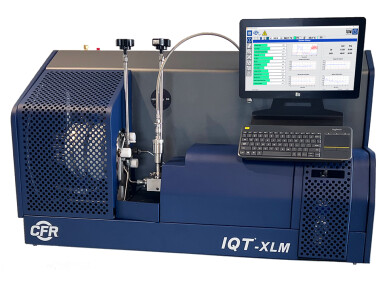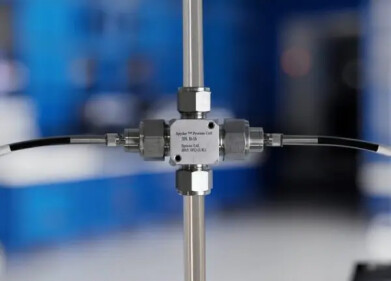Analytical Instrumentation
Should Jet Fuel Be Taxed?
May 13 2019
Following the registration of an official petition by the European Commission, jet fuel could soon be stripped of its tax-free status and subject to the same levies placed on petrol and diesel. The Taxing KerosenEU petition was lodged by the European Citizens’ Initiative, a scheme that empowers everyday people with the voice to shape the continent by appealing to the European Commission to pass legislative proposals.
Petition aims to garner 1 million signatures
Initiatives are presented to the Commission for deliberation when they have garnered 1 million signatures, a figure that the Taxing KerosenEU petition could easily surpass given its environmental and economic significance.
"The organisers of this European Citizens' Initiative call on the Commission 'to propose to Member States the introduction of a tax on aviation fuel (kerosene)' claiming that 'the aviation sector enjoys tax advantages despite being one of the fastest growing sources of greenhouse gas emissions," reads a press release issued by the European Commission.
Calls to revise Energy Taxation Directive
Currently, international agreements make airlines exempt from paying kerosene taxes, with airline tickets also exempt from VAT. The European Citizens' Initiative hopes the petition will force a revision of the Energy Taxation Directive and see jet fuel subject to the same taxes paid by everyday motorists.
It's not the first time the EU has called for taxation on the aviation industry, with Belgium and the Netherlands both pushing for levies earlier in the year. Experts predict the most likely option for passing jet fuel taxes is the formation of bilateral pacts between EU member states. That said, the Commission is currently pushing for changes to the management of environmental taxes which could make it easier to pass legislations that aren't backed by unanimous support.
"Under the EU Treaties, the European Commission can take legal action aimed at harmonisation of turnover taxes, excise duties and other forms of indirect taxation. The Commission therefore considers the initiative legally admissible and decided to register it. The registration of this initiative will take place on 10 May 2019, starting a one-year process of collection of signatures of support by its organisers," reads the press release.
Taxes aren't the only issue faced by the aviation industry, with sulfur concentration levels also strictly regulated. For a closer look at how airlines are monitoring content and keeping levels below 10 ppm, don't miss 'ASTM D7220: Accurate and Precise Analysis of Ultra-Low Sulfur (ULS) in Automotive, Heating, and Jet Fuels'
Digital Edition
PIN 25.5 Oct/Nov 2024
November 2024
Analytical Instrumentation - Picturing Viscosity – How Can a Viscometer or a Rheometer Benefit You? - Sustainable Grease Formulations: Evaluating Key Performance Parameters and Testing Method...
View all digital editions
Events
Dec 03 2024 Dusseldorf, Germany
Dec 08 2024 Anaheim, CA, USA
Turkey & Black Sea Oil and Gas
Dec 11 2024 Istanbul, Turkey
Dec 19 2024 Aurangabad, India
Jan 20 2025 San Diego, CA, USA



















